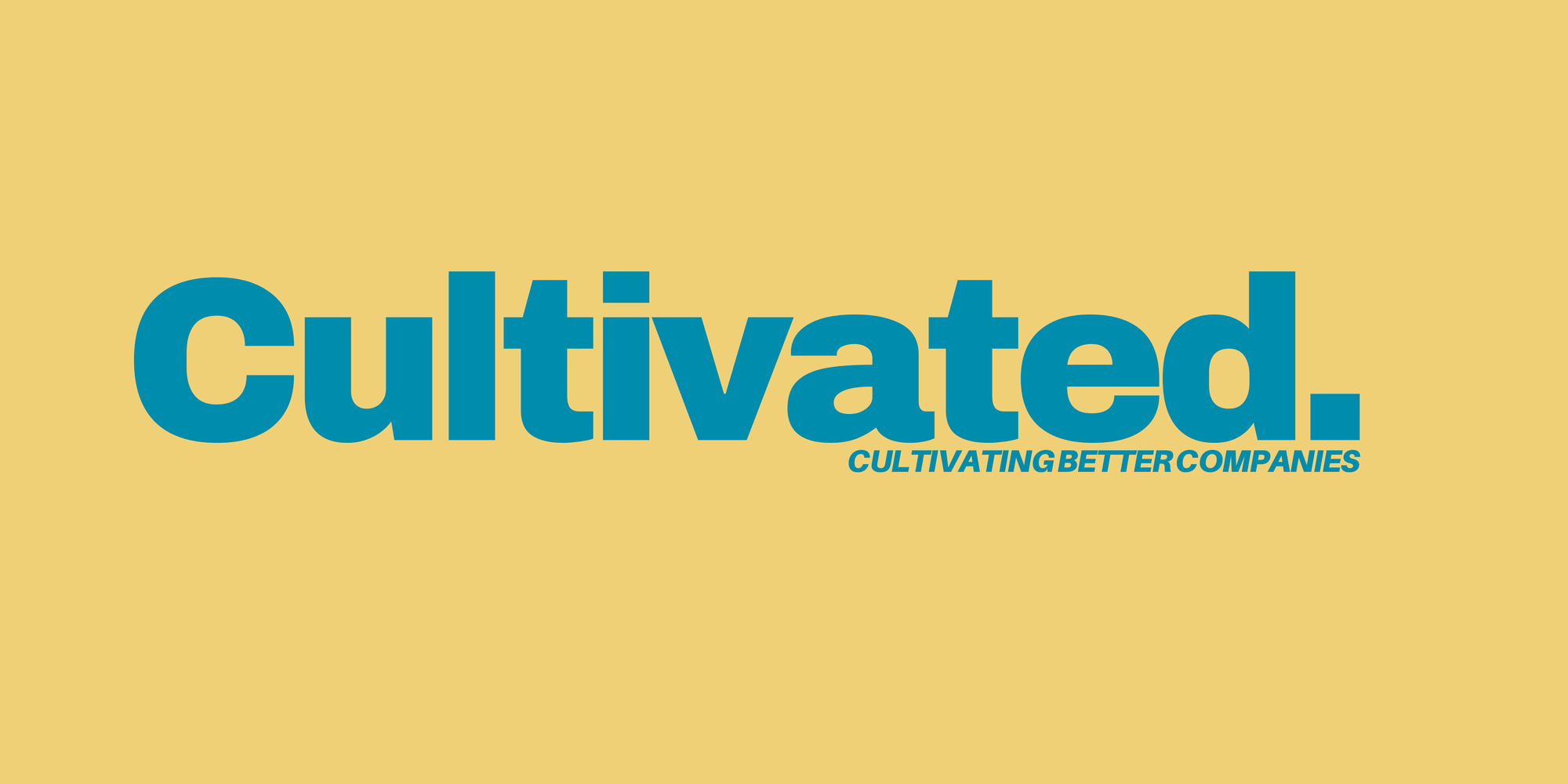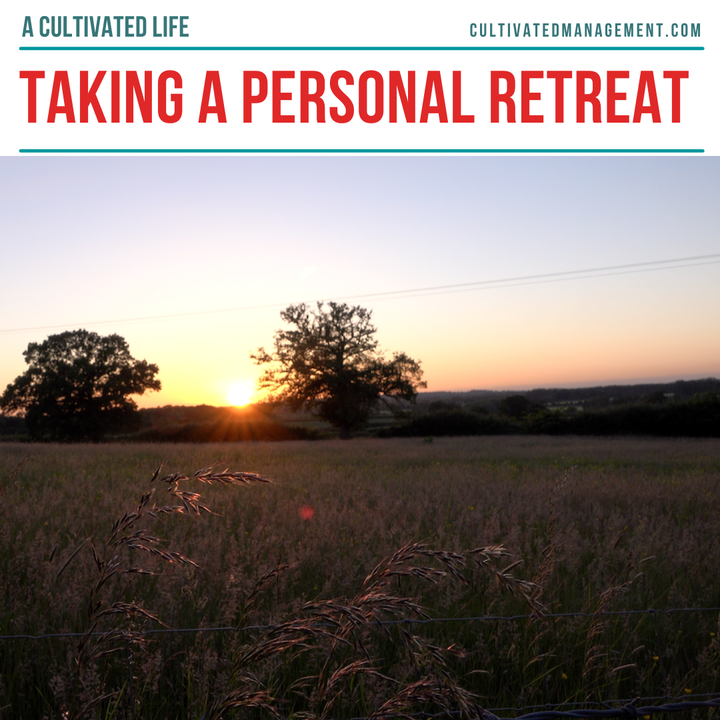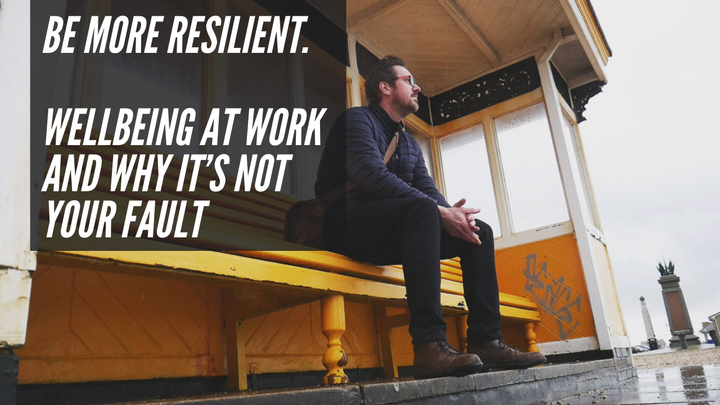Stoicism - 9 impactful lessons for leaders

Stoicism has been a wonderful discovery for me. A truly brilliant philosophy that fits neatly with what I’m trying to achieve in my life. It’s also helped me deal with unruly people, get control over various aspects of my life and realise I’m not always in control of what happens.
It’s not philosophy as in just words and theories, it’s a very practical philosophy that can be applied to everyday life. In fact, the Stoics believed in showing people what Stoicism is, not telling.
I’m still affected by others and events outside of my control, but everyday I get better at dealing with my reactions and emotions.
Stoicism is about thinking clearly about what is happening, in a rational way. It’s about trying to lead a calm and happy life by only focusing on what you can control and not being swayed by others.
It’s about trying to live in the moment and hold high standards of behaviours, no matter what everyone else is doing.
It’s about embracing the now and doing the work in front of you, whilst taking care of and spending time with those you love. It’s about focusing on what’s in my control and letting go of what is not.
Stoicism is about having a plan, keeping the behaviour bar high, letting go of outcomes and focussing on the now. If you’ve read my latest book “Forget Time Management” you’ll spot a lot of stoic thinking creeping in.
When I started reading and studying stoicism and putting into practice many of the exercises, I instantly felt calmer and more in control of my emotions.
An interesting side note is that modern day Rational Emotive Behaviour Therapy and many elements of CBT (Cognitive Behavioural Therapy) are influenced heavily by Stoicism and shares many of the same exercises.
In this video and post I’ll share some of the most valuable lessons I’ve learned and how they are relevant to management and leadership.
Lesson 1 – Tell yourself you’ll encounter people who don’t have your best interests at heart
“Begin each day by telling yourself: Today I shall be meeting with interference, ingratitude, insolence, disloyalty, ill-will, and selfishness” Marcus Aurelius
Importantly though, it’s not about approaching people believing they will behave badly, instead, it’s about believing people are great, but when they are not, it won’t bother you – you’re prepared.
I’ve yet to work in an organisation where every single person you interact with behaves in a friendly, positive way. It’s the nature of most businesses where incentives, goals and the systems of work can often bring out the worst in people.

Plus, everyone is different, and as soon as you put people together with different agendas, beliefs, communication preferences and experience, it can cause all sorts of daily challenges for everyone in the business.
When managers start flowing work across functional boundaries you can get all sorts of conflict and weird behaviours happening between managers and teams.
It’s not just at work either, think about social media. If you’ve ever posted anything to LinkedIn you’ll know that some people on there are professional pugilists – they love a fight for no other reason than they enjoy the fight itself.
At work and in our own personal lives, we can decide to rise above it.
Lesson 2 – Get up and get on with what you have to do
“At dawn, when you have trouble getting out of bed, tell yourself: ‘I have to do? Or is this what I was created for? To huddle under the blankets and stay warm?’ – Marcus Aurelius
I meet too many people who aren’t focusing their energy and attention on the right things every day. There’s no get up and go. No action. No decision making. No plan.
I’ve done a video on this before and written a book about where I believe people (mostly aimed at managers) should invest their energy and attention. Instead, many people simply meander through their days not knowing what to do.
Every day, we have the chance at work to use our energy and attention wisely.

This is not just work, but family, health, fitness. Get up, get active and get engaged in life. And live each day as though it is your last.
As Seneca said in the shortness of life:
“ It is not that we have a short time to live, but that we waste a lot of it.” – Seneca
Lesson 3 – Recognize the power of your thoughts
“You don’t have to let this upset you.” – Marcus Aurelius
This has probably been the most helpful of the lessons for me, and a core part of CBT – is to change the way you think about events.
Things happen, they can be painful, dramatic, joyful and exciting, but they are, in simple terms, just events.
This is where I’ve applied the majority of my thinking and practice. Stoics look at the event carefully, then work out how to deal with what’s happened. The story we tell ourselves about these events can make them much bigger than they really are.
Stoicism is about recognising that what we tell ourselves can be FAR more powerful than the reality.
Due to lots of practice I now try to process my thoughts carefully about events. Something happened, I made a mistake, I fixed it, I got shouted out. So what? Move on, make amends, learn from it, don’t let it worry me.
This has been a wonderful way of processing things. It’s not apathy to everything around me, but a way of looking at events rationally and objectively – and not getting myself all wound up in the process.
Sure, initial emotions are present and correct – we often cannot control these – and the Stoics would never try to supress these emotions. But there comes a time when rational thought should take over. I always had trouble doing this – I would let my emotions take me for a terrible ride for days rather than dealing with the upset rationally. Telling myself stupid stories and making everything more dramatic than it needs to be is something I see many people do. I realised I get to choose how to respond.
The power in this lesson is that we always get a choice of how to react.
Think about it another way.
When an event happens how would someone else deal with it? We all deal with events differently, which shows that there are indeed different ways to deal with events. Therefore, we can choose.
Lesson 4 – Who are you trying to become? Do it.
“First say to yourself what you would be; and then do what you have to do.” – Epictetus
I talk a lot about agility and the culture of organisations being nothing more than behaviours.
I ponder in amazement why organisations that were once great places become slow and toxic, and hit the news for all of the wrong reasons.
It’s often because leaders and managers are keeping their eyes on the prize, on the exit, on the goals, on the money and losing themselves in the process. They are often relying on events outside of their control and trying to work harder pushing for more, morphing the system of work and twisting behaviours of people in the process.
Why? Because they’ve not worked out who they are trying to be. They’ve pushed behaviours aside in favour of end goals in business. Pleasant, rational people can morph dramatically when they lose sight of who they are and who they want to be, especially when “results” and “money” and “achievement” are at play.
We can strive and achieve but lose who we are in the process – I don’t consider that success. Stoicism has helped me to focus on my own principles and values, and to understand when I am being asked to step too far away for them. I then get to decide what to do.
As Epictetus reminds us. We must first say to ourselves what we would be, then do it. And I take from this lesson that he is saying who we are as a person, not what we will own, how much money we will have in the bank, not our job title or how many companies we’ve started and sold. But who we are as a person. Who we are in our character as John Wooden would say.
When we focus on who we are and who we are trying to be each day, we get a chance to prioritise where we spend our energy and attention, how to behave and what to focus on.
- How should we behave?
- What should we do?
- Who should we spend time with?
- What high bar of behaviour will I hold no matter what is going on around me?
And when we extend this out to our teams and companies, we suddenly start to see how the culture of the organisation can morph and break down if people don’t hold the high bar of behaviours. If they bend who they are to meet goals, deadlines and financial dreams, they can quickly become someone they really aren’t. I see it a lot. And when it happens at scale you soon see a company that hits the headlines for all the wrong reasons.
Hold a high bar of behaviours. With other people, it’s important to be kind and realise that some people don’t have the same standards. As a manager though, don’t accept behaviours that bring down the team. And always address illegal, immoral, dangerous, oppressive and rude behaviours – head on – there’s no place for that in our workplace. That way, you’ll build a great culture and not hit the headlines for all of the wrong reasons.
And ask yourself this. If today was my last day on Earth, would I be remembered for all of the right reasons? Did I act in a way that was right and just? Did I spend time with the right people? Did I do the right work? Did I hold a high bar?
Lesson 5 – Life will test us
“A gem cannot be polished without friction, nor a man perfected without trials.” – Seneca
Life can be testing. It can be costly. We lose people. We face hardship, our health suffers. Someone we love no longer loves us back.
This is life. The stoics understood this. That doesn’t mean you cannot plan, set goals, try to hold a high bar, approach life with gusto and get stuck in to making life better for others. In fact, that’s what we should do – and life will still test us.
And one thing I’m trying to practice is setting a large target to aim at but letting go of the outcomes – as fate and life may get in the way.
If I let go of the outcomes, and focus on doing the work, knowing I have done all I can, then the results will be what they are. And along the way I expect life to test me, to throw me obstacles, to challenge me. It’s part of the process. And I will learn.
If you’re trying to achieve something with your life (which all of us are) you will face obstacles and blockers and trials. They are there to test you and your character. It’s how we grow, learn and find out who we really are.
It doesn’t make them any more pleasant, but as we’ve learned – we get to decide how we deal with these trials and events.
In your time at work you will face many obstacles and tests too. They will help you be a better person – if you let them.
Lesson 6 – Consider how amazing your existence is
“When you arise in the morning, think of what a precious privilege it is to be alive.” – Marcus Aurelius
Honestly, I meet so many people in business who do nothing but moan and complain about everything.
The Stoics didn’t believe in moaning about it – in fact, many stoics went through hardships and were thankful for these moments – they helped them grow. The stoics focused intently on death so that it would help them lead a good life.
This focus on death means you can live in the now and make the most of life. It’s all about putting things into perspective.
As Marcus reminds us – just be grateful you got to wake up. Some people didn’t.
As we go about our day as managers and leaders and we get stirred up over trivial crap at work – remind yourself. You’re alive. Enjoy it. Live for today. Do something meaningful and hold those high bars of behavior.
Lesson 7 – Stop expecting and live right now
As you can see – a theme running through Stoicism is about living as much as you can in the now, in the moment. It is hard. We tend to want to think about the future.
What will I have for lunch, what shall I watch on TV, what do I need to do to retire, where shall we go on holiday?
And in the world of work we are obsessed with detailed vision statements, goals whose outcomes are outside of our control, promotions, Target Operating Models, career ladders, pay rises, annual reviews and the like.
But as Seneca reminds us,
“Expecting is the greatest impediment to today.” – Seneca
When we expect and we live in the future, we miss the now. Another way of looking at this is what Alan Watts said:
“But the future is still not here, and cannot become a part of experienced reality until it is present. Since what we know of the future is made up of purely abstract and logical elements — inferences, guesses, deductions — it cannot be eaten, felt, smelled, seen, heard, or otherwise enjoyed. To pursue it is to pursue a constantly retreating phantom, and the faster you chase it, the faster it runs ahead. This is why all the affairs of civilization are rushed, why hardly anyone enjoys what he has, and is forever seeking more and more. Happiness, then, will consist, not of solid and substantial realities, but of such abstract and superficial things as promises, hopes, and assurances.” — Alan Watts
Lesson 8 – Find mentors
“Choose a master whose life, conversation, and soul-expressing face have satisfied you; picture him always to whom we may regulate our characters; you can never straighten that which is crooked unless you use a ruler.” – Seneca
If we’re trying to get better it pays to have some role model or measure to live up to. We can write down who we want to be and get to work on it, but sometimes, having a role model in mind can be helpful. How would they deal with this? What would they do? etc
A mentor.
Our mentor may be alive still, or not – what matters is we understand who they are, desire traits that have/had and can use them as high bars to measure up to. I have learned more from the speeches, writing and behaviours of those who are no longer with us, than the many leaders who I have worked with.
By studying people we admire and breaking down their behaviours, we can give ourselves a pattern too. We can learn and grow and develop our characters.
Just be careful who you pick and for what reasons.
Lesson 9 – Focus only on what you can control
“The chief task in life is simply this: to the choices that are my own…” ― Epictetus
This is probably the most powerful of all of the lessons, to focus only on that which is inside of your control.
Your own behaviours, your own thinking, your own actions – all under your control. The words of others, their opinions of you, their actions, world events, bad luck – all outside of your control.
As a manager I used to conform.
I used to listen more to others than to myself. I still suffer from this now – I am swayed by those with strong opinions sometimes. I still get dragged around, but less than I used to.
It’s still hard to not react to what others do or say – it still affects me.
But I quickly realised that by controlling only what is inside of my control, I could detach myself from outcomes that didn’t go my way, I could work with others without being affected so much by their moods, words or hidden agendas. I can decide, in every moment, who I want to be and what I want to do.
I still worry what others think – it’s a hard one for me to let go of, but I’ve become much more grounded in who I actually am.
Now when things happen in my life, I’m able to use the Stoic and CBT approach and detach myself a little more from events outside of your control.
Lots of events outside of our control happen in work and life, and the trick is to learn to look at them objectively. Can I do anything within my control? Yes? Do it. No? Move on.
I’ve included some really good books about Stoicism in my reading list.


